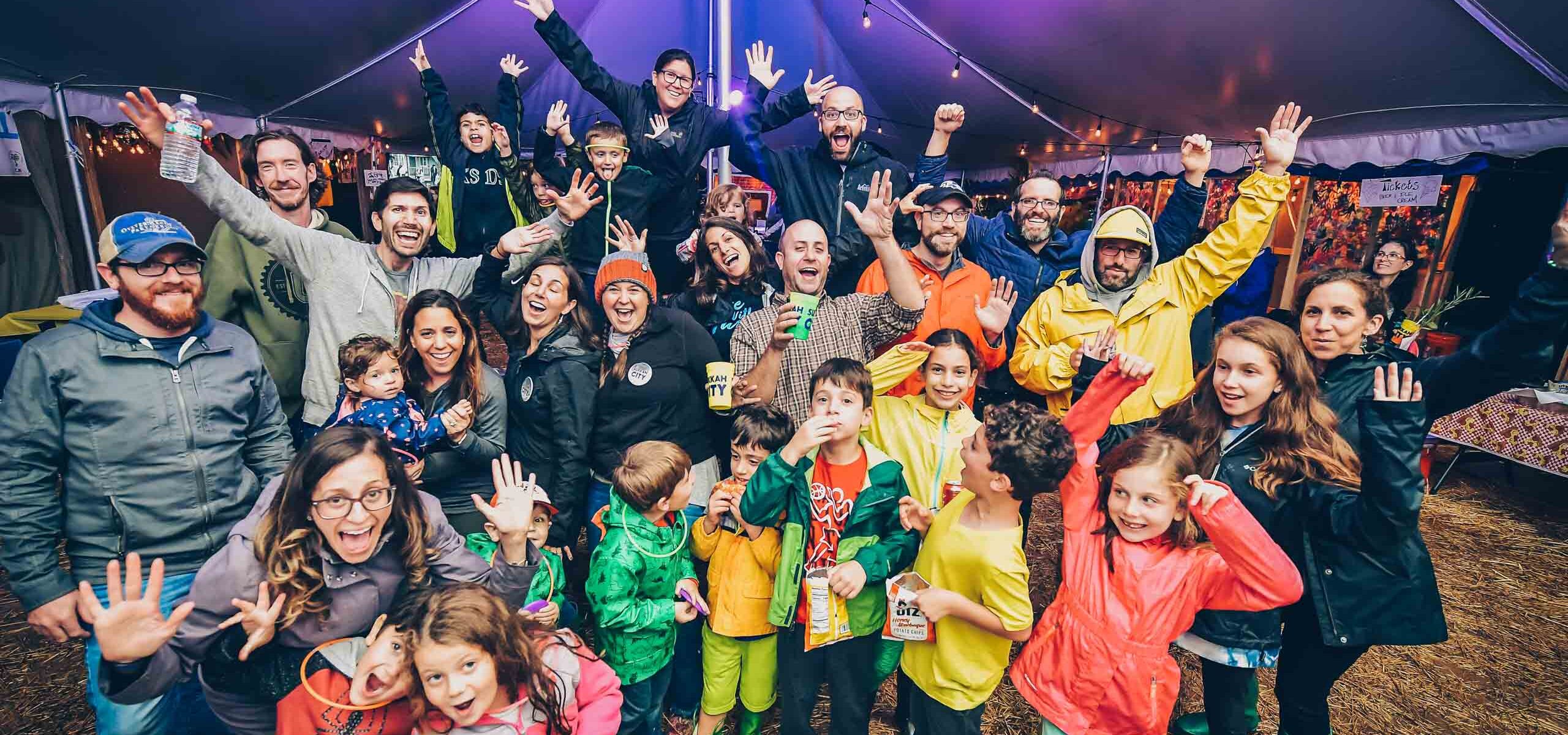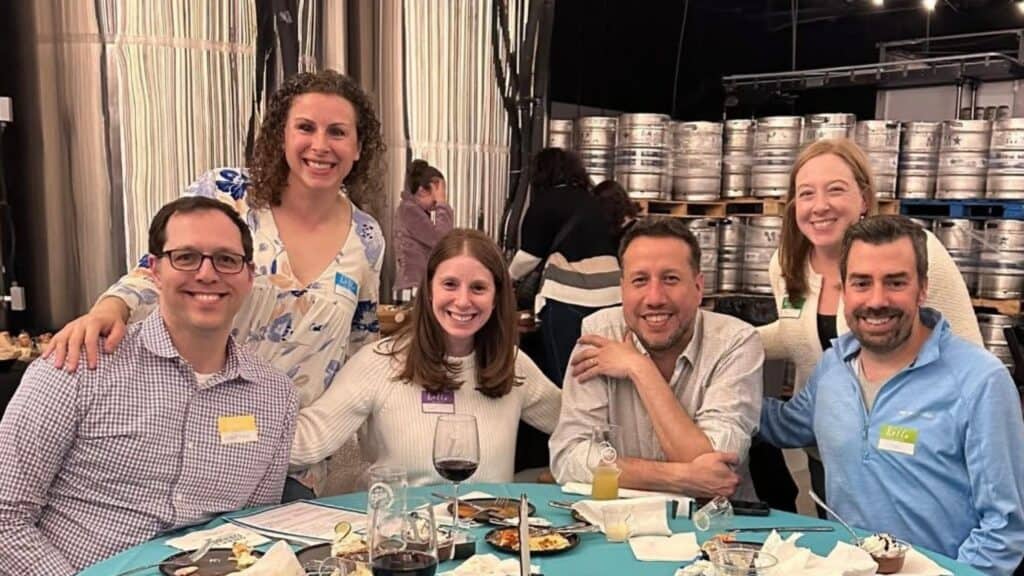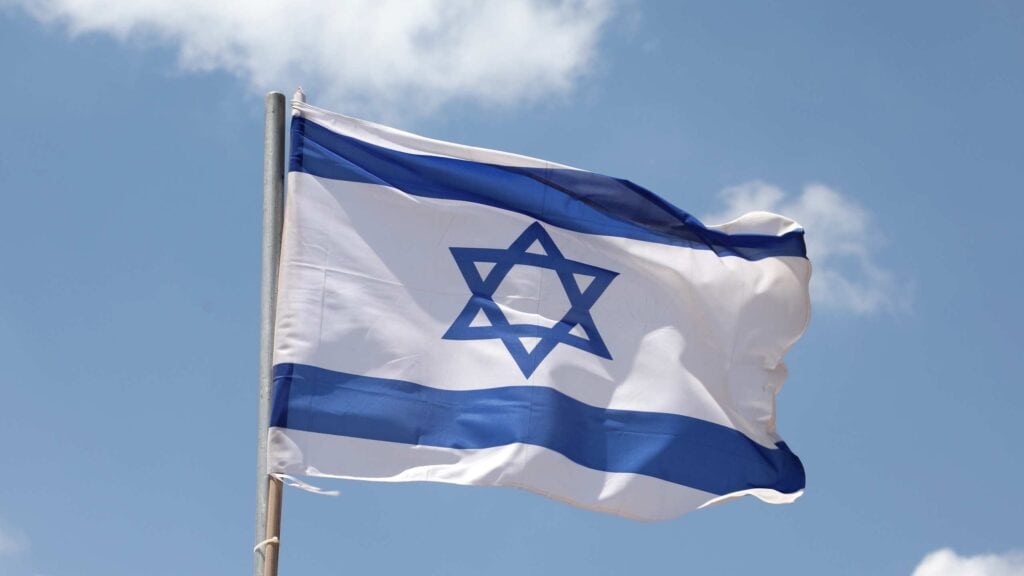The Liberation Equation: Modern Day Meaning in Passover
Rabbi Jessy connects the past of Passover with the present.

Each year at the seder table, we are supposed to see ourselves, “every person as if he/she came out of Egypt.” I’ve always found this difficult to imagine since I have been largely blessed to grow up in pretty comfortable spaces. I remember the first time I attended a seder led by my peer group, where the few parents who were in attendance were the minority. It was the first time I was in a space in which my peers took over the space to lead and orchestrate the rites and rituals commanded by Jewish tradition in every generation. My friend, Ari, began the seder with the following cavanah (intention). He said, “I’ve never been a slave and so I cannot begin to fathom what it means to see myself as if I was a slave in Egypt. I’ve been blessed with freedom and to grow up in a strong democracy and I feel disingenuous to put myself in the shoes of an experience I cannot even imagine.” Ari’s hope in leading the seder was to both act out the story and sequence of the Passover story and to acknowledge that as free people able to live and thrive in the San Francisco Bay Area we could not adequately step into the shoes of our ancestors.
Around our seder tables, we often tend to imagine what the experience of the Israelites enslaved in Egypt must have been. We think of our own narrow places and try to imagine the experience of narrowness and, hopefully, the process of liberation from that narrowness in order to scratch the surface of this charge to see ourselves as if we left Egypt too: sickness, tough circumstances at work or at home, longing for something beyond one’s control like to become pregnant or help a family member struggling with addiction. All of these scenarios give us cause to imagine what it might have felt like to be enslaved and yet the rabbis would say, “l’havdil” to address that while these may be metaphors they do not actually mirror the enslavement that we speak about around our seder tables.
I want to suggest that at Passover there is room for both – an opportunity to consider a story that for many of us is unfathomable to imagine. A story where our people lacked freedom to choose their own destiny and to participate in the rituals and beliefs of Jewish tradition. And, also, the opportunity to imagine the Pesach season as a time to consider a spiritual equation that might resonate in many facets of life and experience that we have today.
The equation is as follows: It starts with being in a narrow place; a place in which we are stuck, lack hope and encounter feelings of despair and stuckness. We know that the outcome – the destination that we ultimately end up at is one of a Promised Land…a destination that delivers to us the freedoms and potential that were otherwise unimaginable in the narrow place from where we set out. But, the important step in the equation that gets from the narrow place to the Promised Land is one of wandering and revelation. Remember, the Israelite people had to wander through the desert…through uncertainty and hardship and depending heavily on acts of faith. It was in the midst of this vast desert of uncertainty where we received the Torah – revelation. We embarked on our journey from narrowness without much more than the ability to question where our sustenance would come from and how we would weather the journey – and along the way we received the abundant and timeless gift of Torah – something to satiate us for thousands of years to follow. The equation thus being…start in a narrow place + wander in a desert of uncertainty and questioning = arriving at a destination that ensures possibilities never possible in that previous narrow place.
This Pesach season, I wish that each of us acknowledges the difficulty in sitting around our seder table and imagining what it meant to be a slave in Egypt, building pyramids for Pharaoh and without freedom to worship as we please. And, also, I wish that we imagine how the story of leaving Egypt is more than a story – it is also an equation for how we can think about our own spiritual journeys and movement throughout various chapters as we continue our search for meaning and fulfillment in the lives we live today. May your season be filled with goodness, loved ones, and meaning!
Jessy Gross
JCC Community Rabbi/Director, Charm City Tribe







